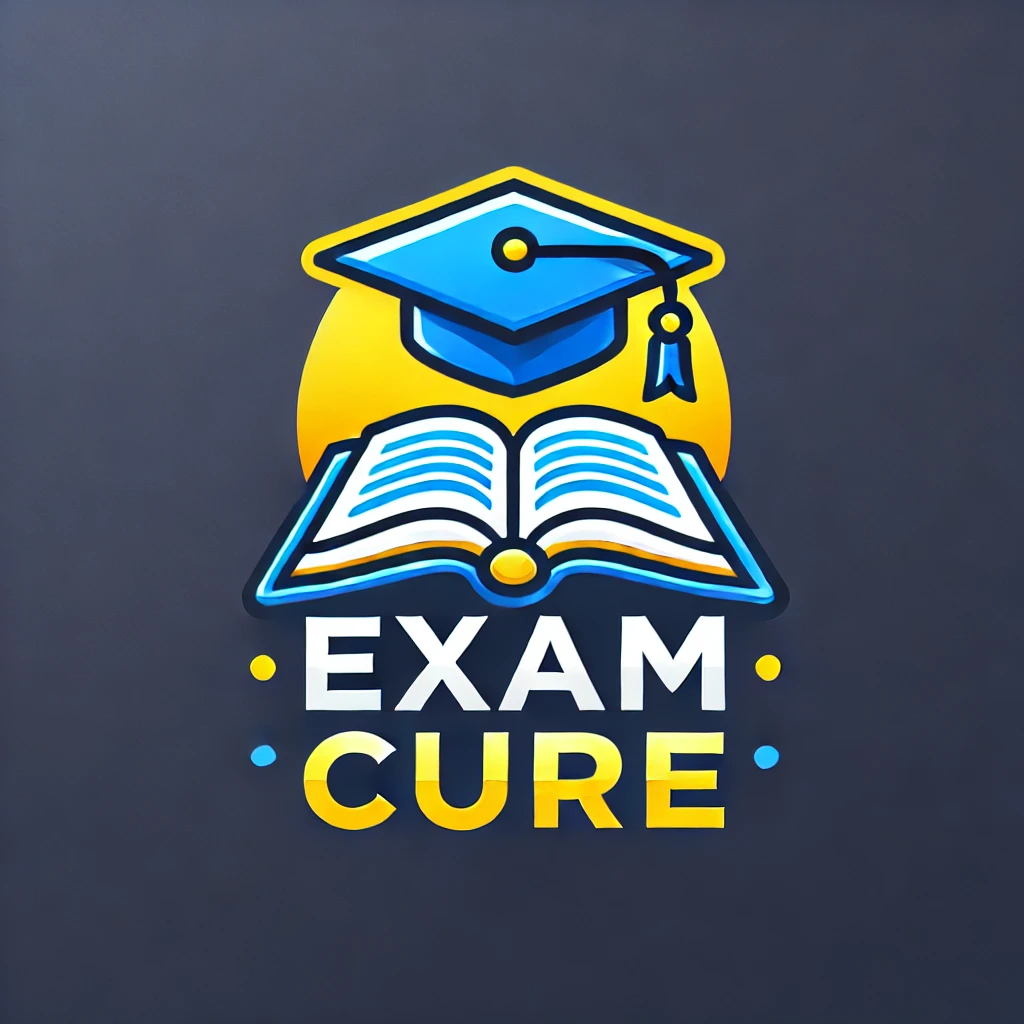Answer: The DHA Prometric Exam for Family Medicine is an assessment conducted by the Dubai Health Authority (DHA) to evaluate the knowledge and skills of healthcare professionals seeking licensure to practice family medicine in Dubai. It tests candidates on various topics relevant to primary care, preventive medicine, and common medical conditions.
Answer: The DHA Prometric Exam for Family Medicine is an assessment conducted by the Dubai Health Authority (DHA) to evaluate the knowledge and skills of healthcare professionals seeking licensure to practice family medicine in Dubai. It tests candidates on various topics relevant to primary care, preventive medicine, and common medical conditions.
Answer: Eligibility typically includes physicians with a recognized medical degree in family medicine or related fields, as well as sufficient clinical experience. Candidates may also be required to have their qualifications verified through the DHA's licensing process before being allowed to schedule the exam.
Answer: Eligibility typically includes physicians with a recognized medical degree in family medicine or related fields, as well as sufficient clinical experience. Candidates may also be required to have their qualifications verified through the DHA's licensing process before being allowed to schedule the exam.
Answer: The exam covers a wide range of topics including but not limited to chronic diseases management, pediatric care, women's health, geriatric care, mental health, preventive medicine, and basic emergency care. Familiarity with local health policies and practices is also important.
Answer: The exam covers a wide range of topics including but not limited to chronic diseases management, pediatric care, women's health, geriatric care, mental health, preventive medicine, and basic emergency care. Familiarity with local health policies and practices is also important.
Answer: The exam typically consists of multiple-choice questions (MCQs) that assess both theoretical knowledge and practical application. The number of questions 150 multiple-choice questions (MCQs) candidates can expect to complete the exam within a designated time frame, three hours .
Answer: The exam typically consists of multiple-choice questions (MCQs) that assess both theoretical knowledge and practical application. The number of questions 150 multiple-choice questions (MCQs) candidates can expect to complete the exam within a designated time frame, three hours .
Answer: Preparation resources include review books specific to family medicine, online courses, practice exams, and official DHA study materials. Joining study groups or forums can also provide support and additional insights from peers who are preparing for the same exam.
Answer: Preparation resources include review books specific to family medicine, online courses, practice exams, and official DHA study materials. Joining study groups or forums can also provide support and additional insights from peers who are preparing for the same exam.
Answer: To register, candidates must visit the official DHA licensing website or the Prometric testing site. They will need to create an account, provide necessary documents, pay the examination fee, and select a suitable date and location for the exam.
Answer: To register, candidates must visit the official DHA licensing website or the Prometric testing site. They will need to create an account, provide necessary documents, pay the examination fee, and select a suitable date and location for the exam.
Answer: The passing score for the DHA Prometric Exam varies, but it is generally set around 60-70%. Candidates should confirm the current passing criteria on the DHA website, as it may change over time based on exam difficulty and statistical analysis.
Answer: The passing score for the DHA Prometric Exam varies, but it is generally set around 60-70%. Candidates should confirm the current passing criteria on the DHA website, as it may change over time based on exam difficulty and statistical analysis.
Answer: Yes, candidates are typically allowed to retake the DHA Prometric Exam if they do not pass on their first attempt. However, there may be specific waiting periods and limits on the number of attempts, so it's advisable to check the DHA guidelines for the latest policies.
Answer: Yes, candidates are typically allowed to retake the DHA Prometric Exam if they do not pass on their first attempt. However, there may be specific waiting periods and limits on the number of attempts, so it's advisable to check the DHA guidelines for the latest policies.
Answer: Effective strategies include thoroughly reviewing the exam syllabus, practicing with sample questions, managing your time during the test, and reading each question carefully. It's also beneficial to stay calm and focused, using educated guessing when unsure about answers.
Answer: Effective strategies include thoroughly reviewing the exam syllabus, practicing with sample questions, managing your time during the test, and reading each question carefully. It's also beneficial to stay calm and focused, using educated guessing when unsure about answers.
Answer: Upon passing the exam, candidates will receive a passing certificate, which is a critical step in the licensing process. They will need to complete any additional requirements set by the DHA, such as submitting documentation and attending an interview, to obtain a full medical license to practice family medicine in Dubai.
Answer: Upon passing the exam, candidates will receive a passing certificate, which is a critical step in the licensing process. They will need to complete any additional requirements set by the DHA, such as submitting documentation and attending an interview, to obtain a full medical license to practice family medicine in Dubai.

